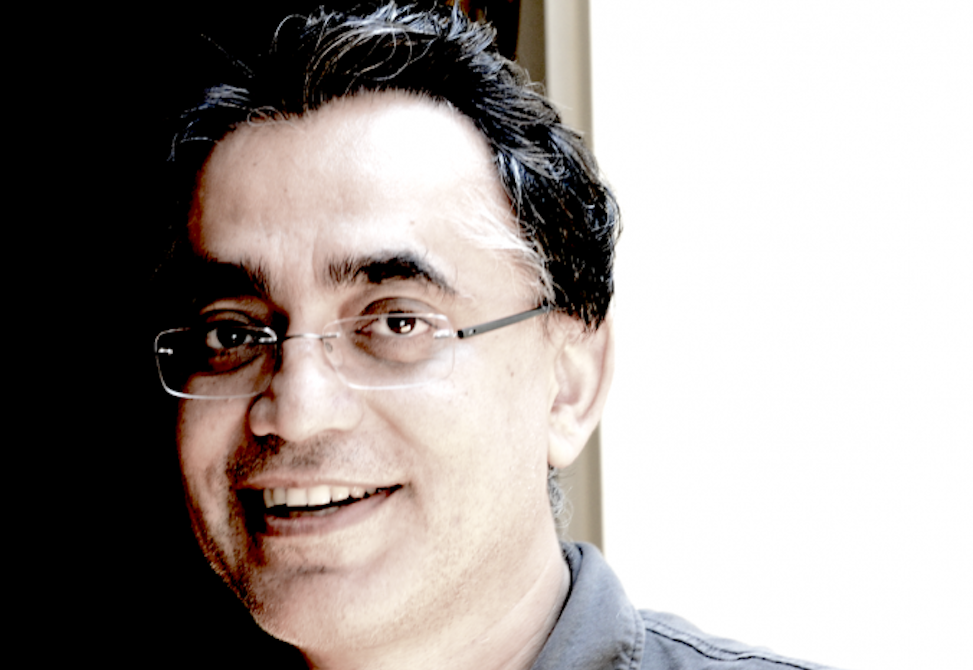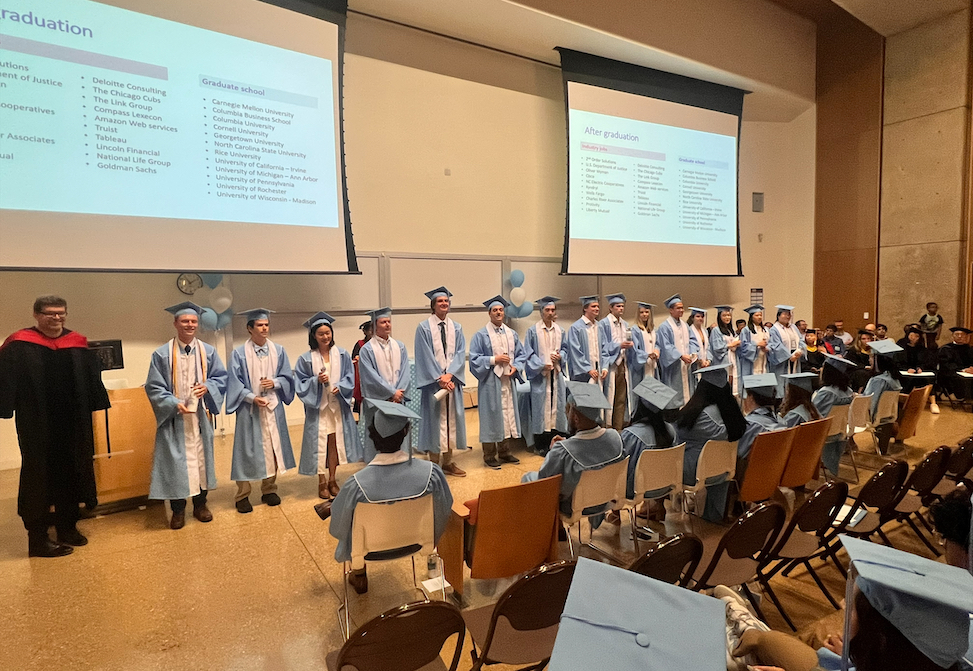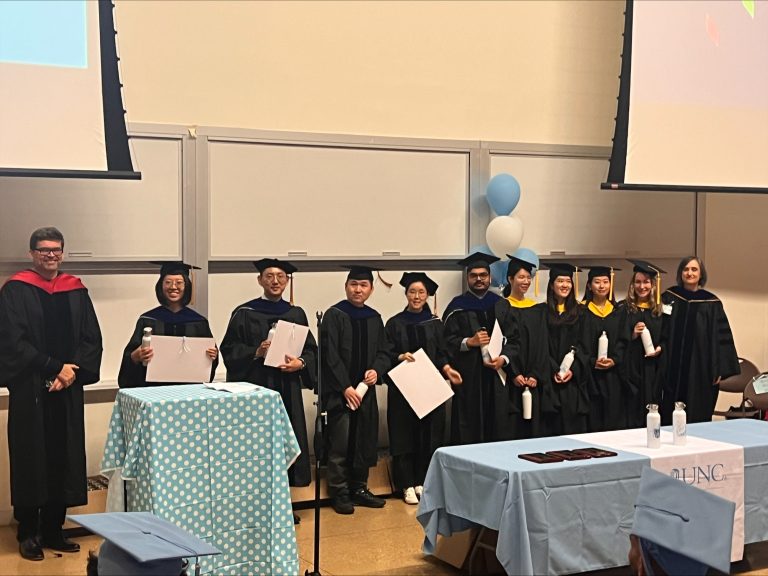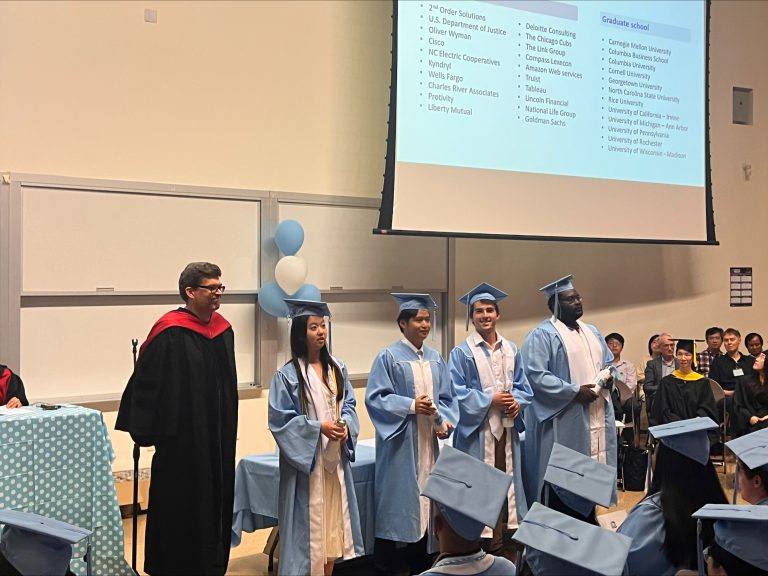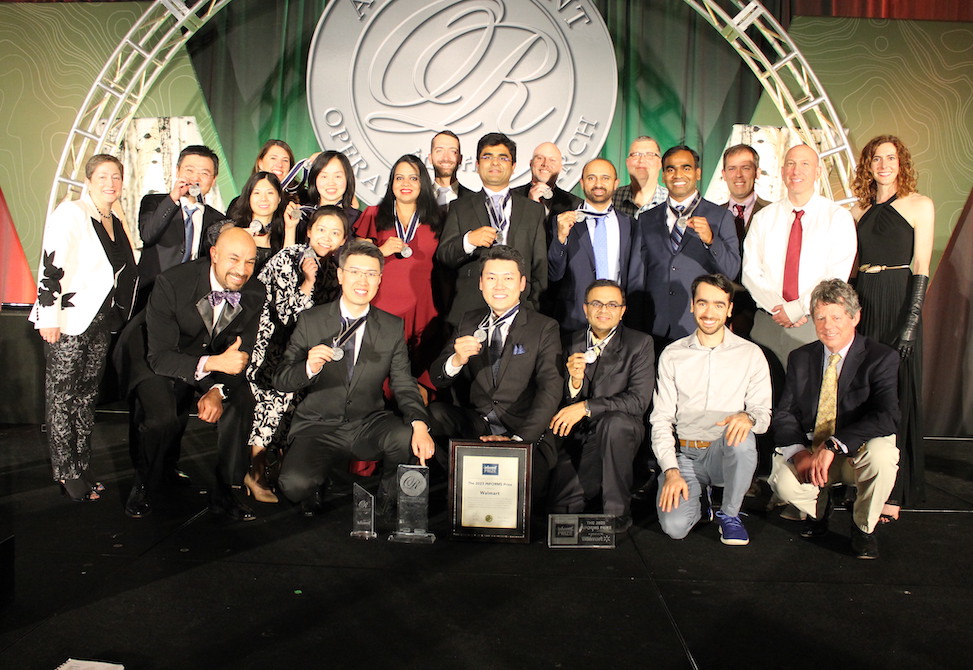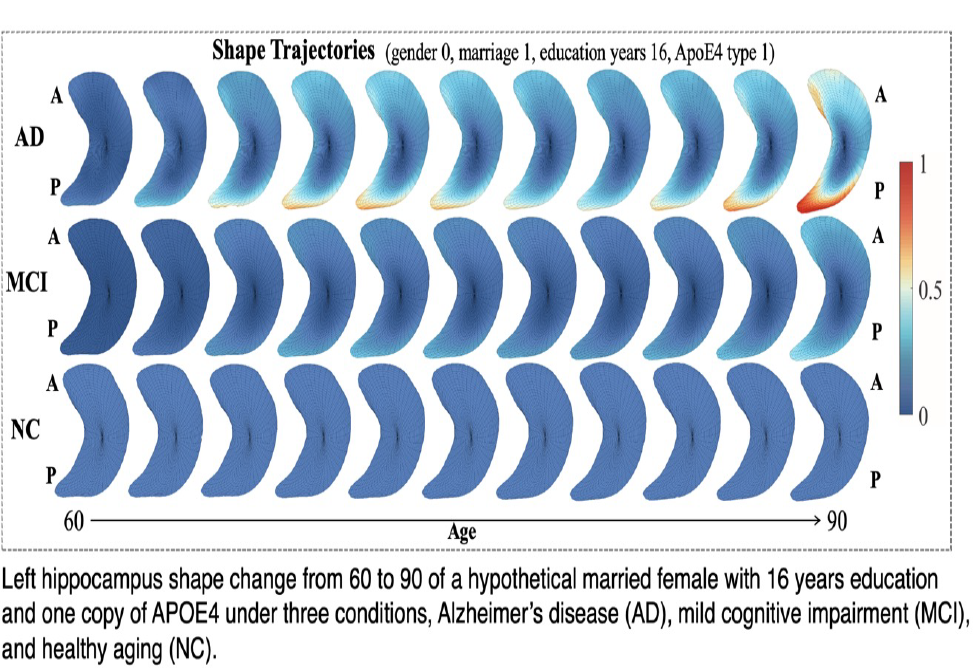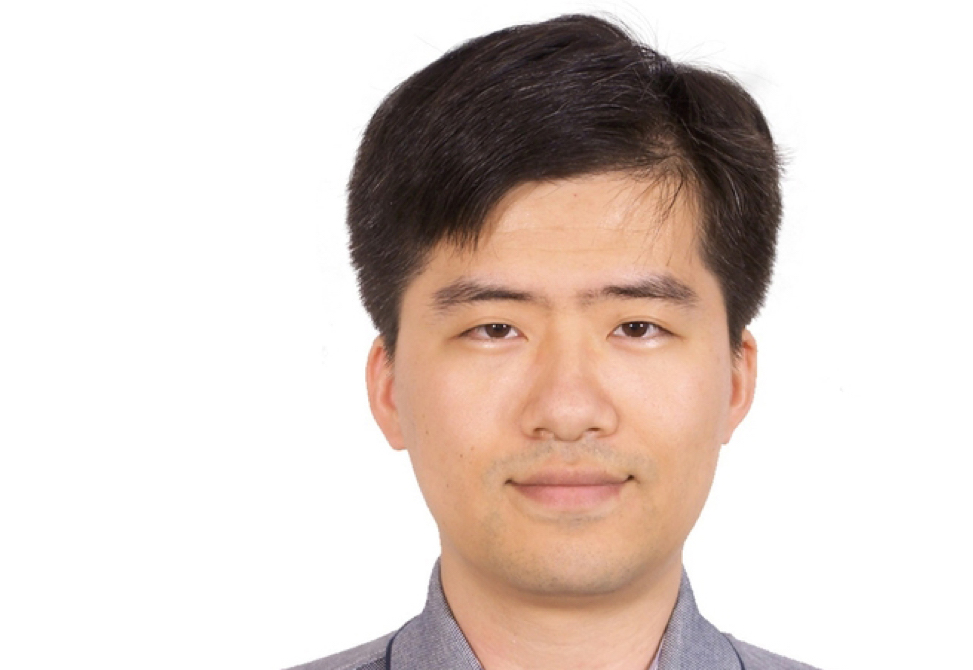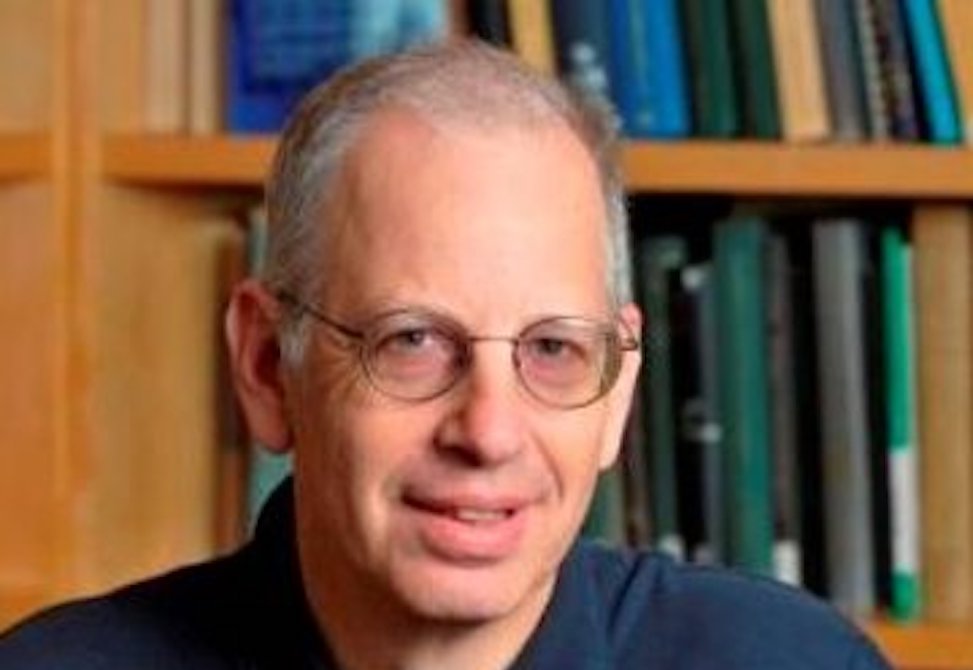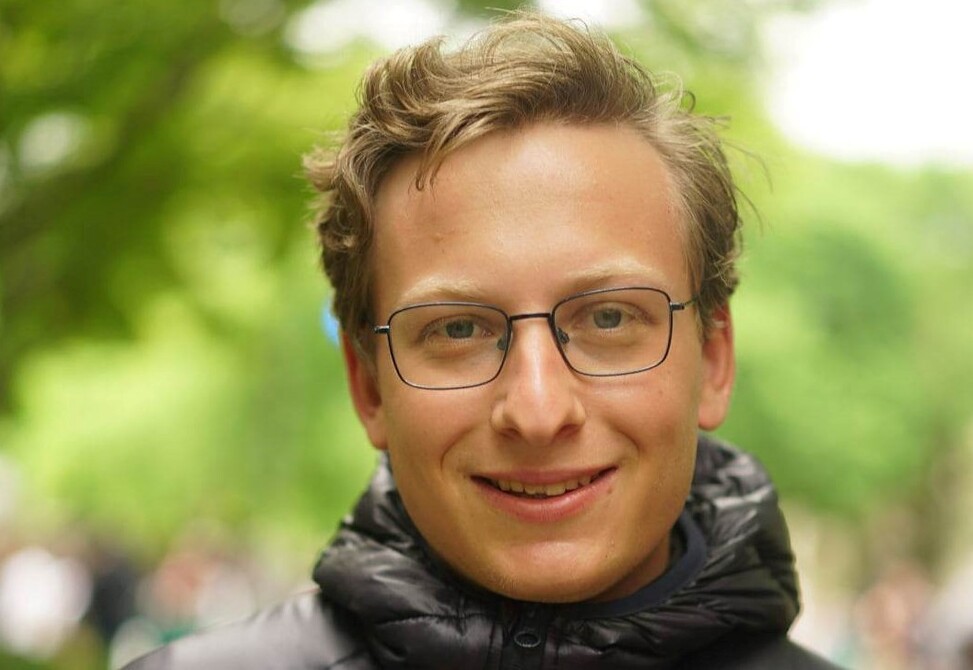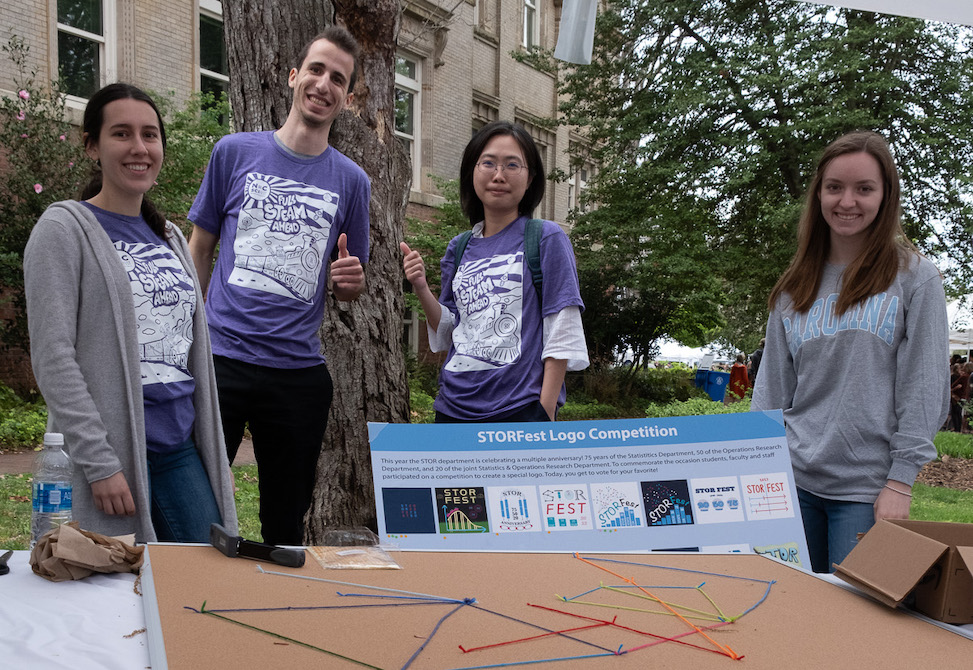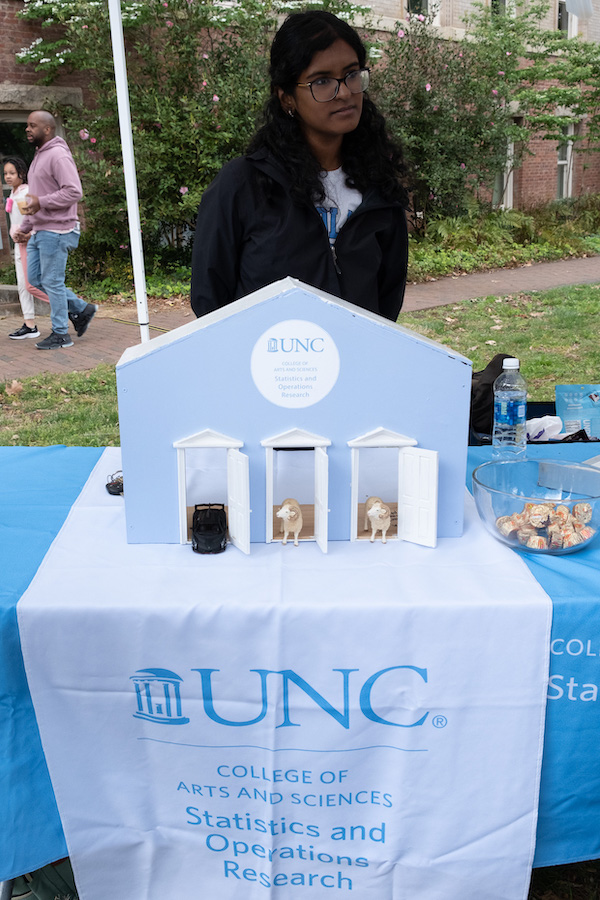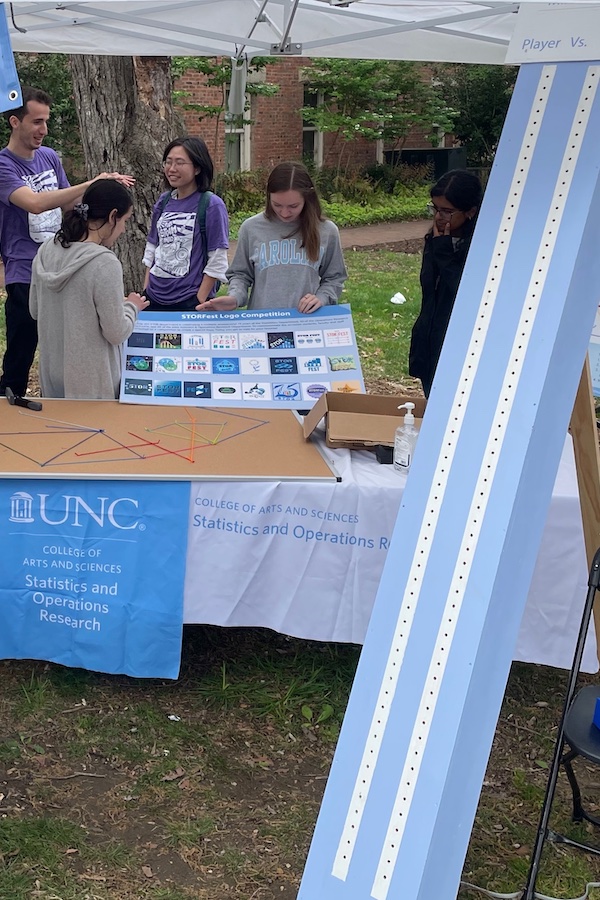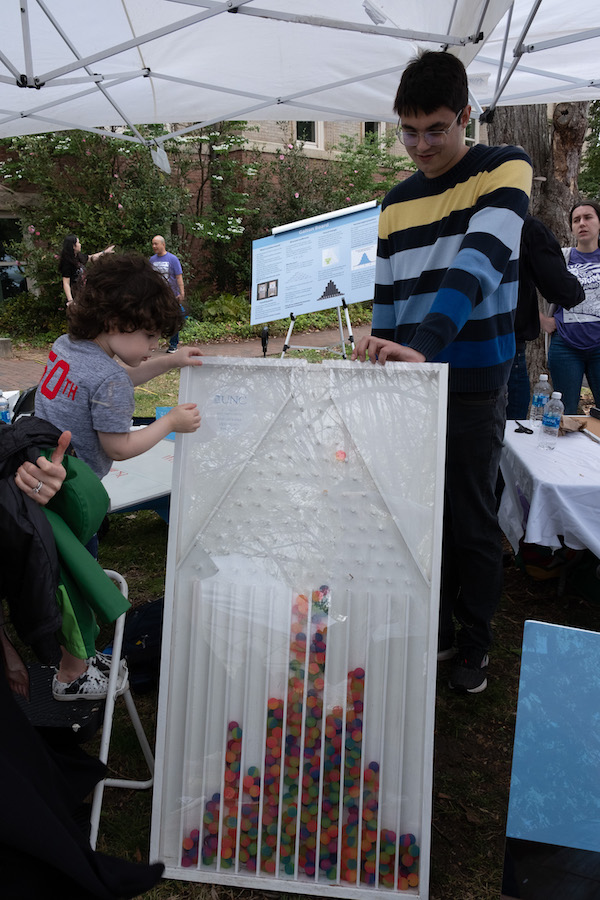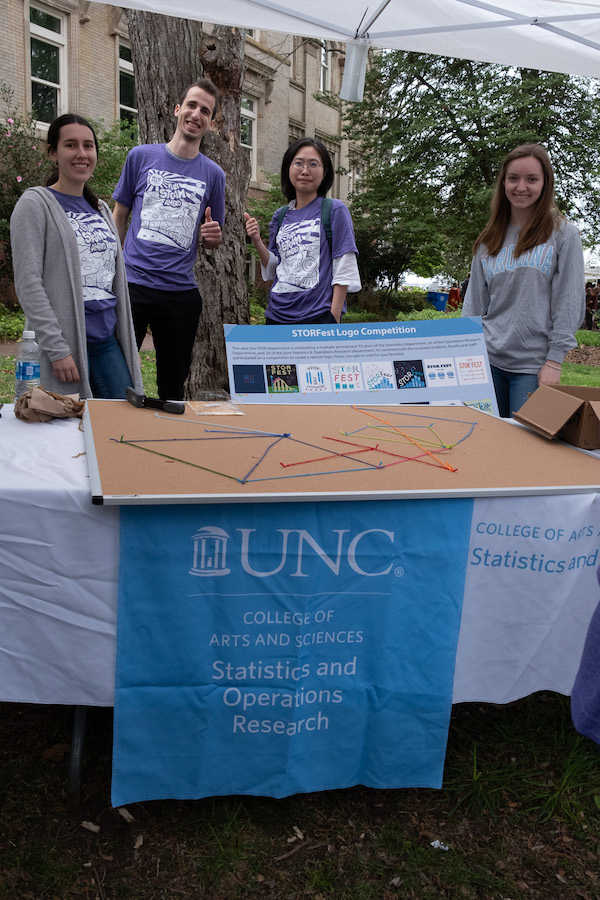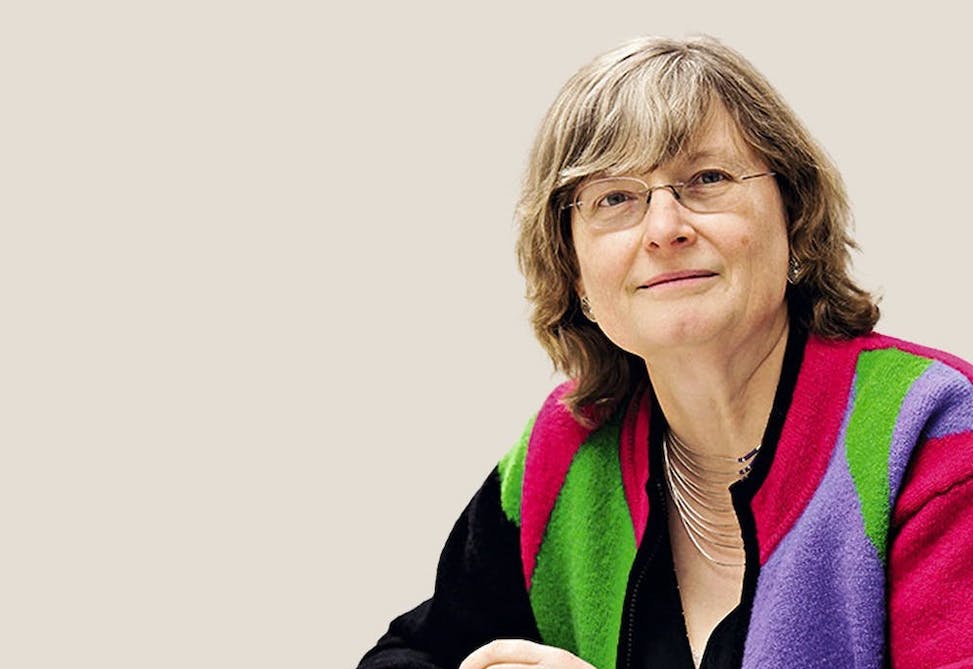Welcome new faculty members 2023
Welcome new faculty members
August 1, 2023
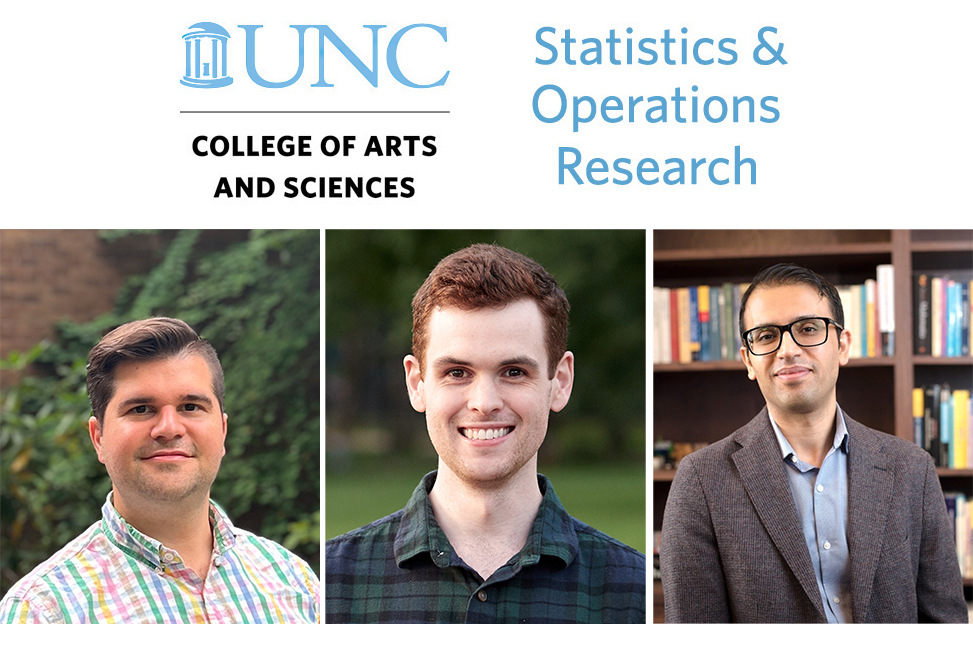
The Statistics and Operations Research Department would like to welcome our newest faculty members, Assistant Professors Daniel Kessler (jointly with SDSS), Patrick Lopatto and Ali Mohammad Nezhad!
Dr. Kessler
Dr. Kessler completed his PhD in 2023 at the Department of Statistics at the University of Michigan advised by Professor Liza Levina. He is currently an NSF Postdoctoral Fellow at the University of Washington where he works with Professor Daniela Witten. His research interests include the statistical analysis of networks, post-selective inference, high-dimensional statistics, applications involving human neuroimaging, computational and cognitive neuroscience, and high-performance computing. He looks forward to joining STOR in 2024 and will also hold a joint appointment in the School of Data Science and Society.
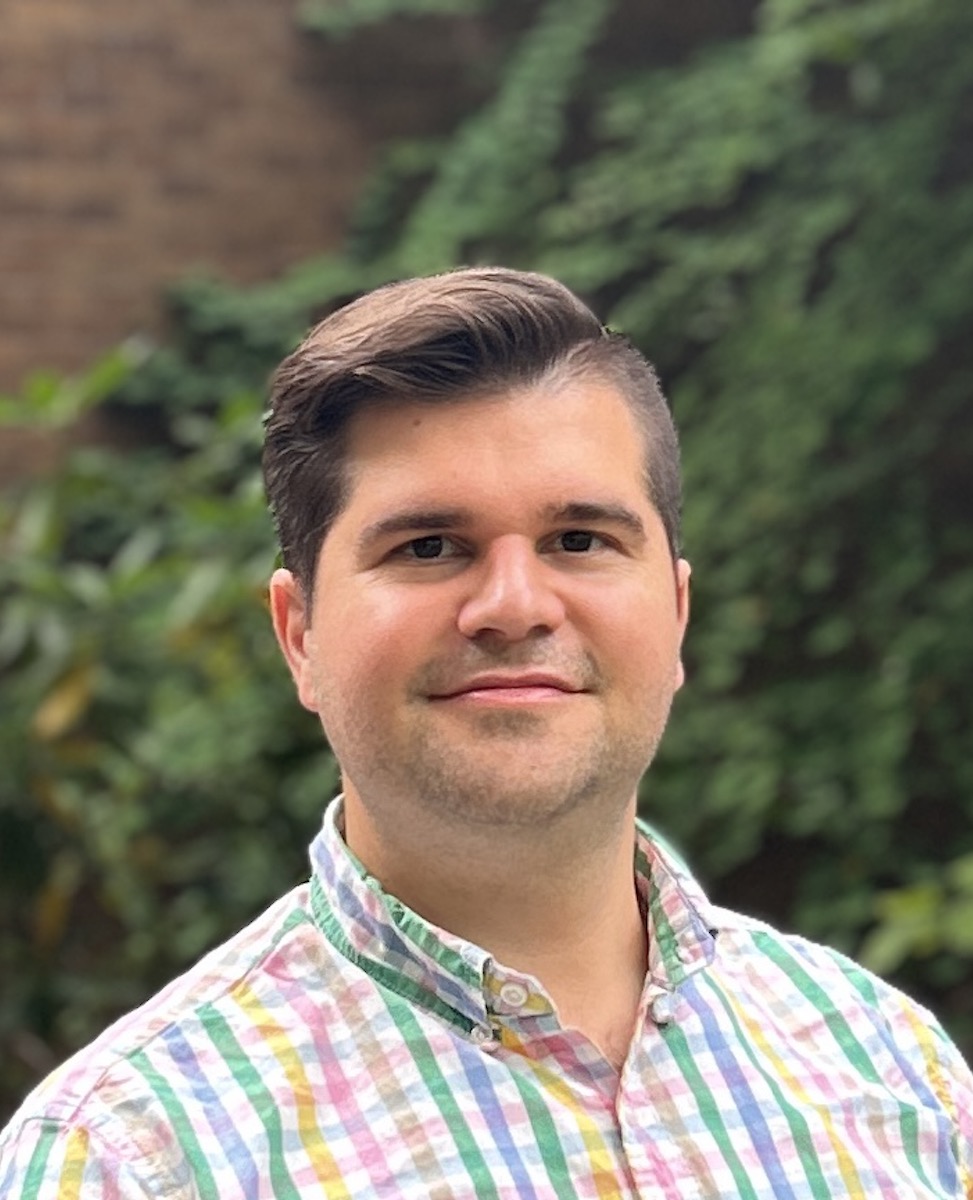
Dr. Lopatto
Dr. Lopatto studies problems arising from causal inference, high-dimensional statistics, and random matrix theory. He also enjoys making statistics accessible and engaging for students. He received his PhD in mathematics from Harvard University in 2020. He was a postdoctoral member of the Institute for Advanced Study, and he is currently a postdoc at Brown University. Dr. Lopatto will join STOR in 2024.
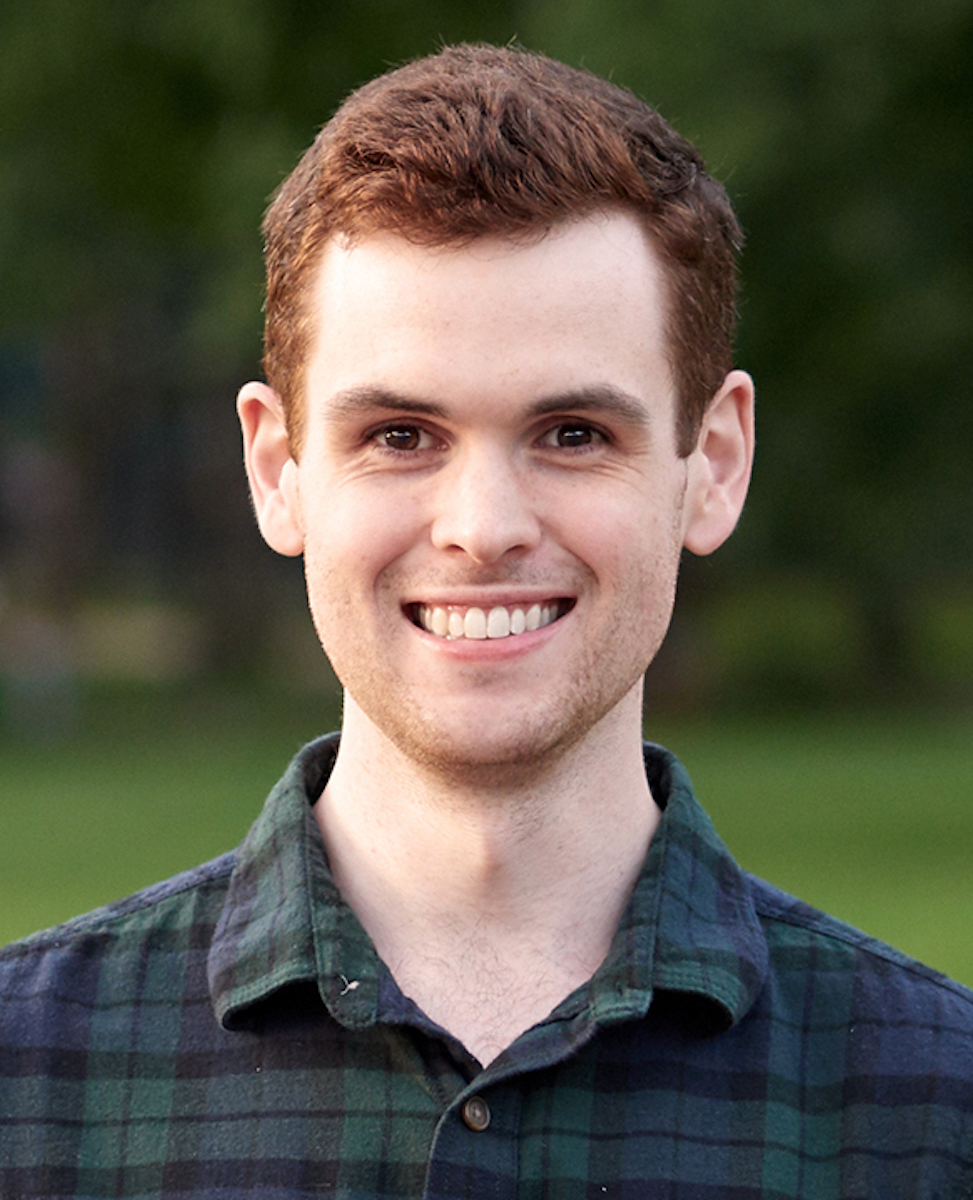
Dr. Mohammad Nezhad
Dr. Mohammad Nezhad was previously a Postdoctoral Research Associate at the Carnegie Mellon University, and a Golomb Visiting Assistant Professor in the Department of Mathematics at Purdue University, mentored by Professor Saugata Basu. He received his PhD in Industrial and Systems Engineering from Lehigh University in 2018 under the supervision of Professor Tamas Terlaky. His research lies at the intersection of continuous optimization, computational complexity, and real algebraic geometry. Dr. Mohammad Nezhad has recently developed interest in computational topology and its applications to optimization and machine learning.


